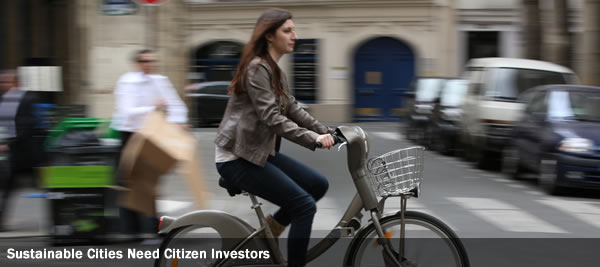Riots in the most important cities of Brazil started when taxes on public transport started to rise, just as Brazilians’ rights were going down. Mobility, and moreover, sustainable mobility, is extremely important for the fight against climate change and for the life of inhabitants. According to the United Nations, 70% of the world’s population will be living in cities by 2050. Experts from the automotive sector and represents of European cities have discussed this summer how cities can become cleaner and more liveable for even more citizens.
In the frame of the European Union’s sustainable energy week, the Catalan Delegation to the EU hosted an expert discussion panel, posing the question ‘How can cities be both less polluted and attractive to investors? The Head of Delegation, Pere Puig, considers that investment in sustainable cities is an opportunity to create green jobs, especially in Catalonia where automotive is a key sector.
‘What makes a city more liveable?’ asked Terry Martin, moderator of the discussion; “Efficient, affordable and clean transport”, he has replied. One of the key issues that Martin highlighted, an affordable price, was one of the main claims in Brazil. Yet he added: “If there aren’t more sustainable cities that will affect not only the economy, but also in people’s health.”
One opinion has been consensus: 80% of the world’s energy is consumed in cities, and they are the ones that investors should be focused on. And one of the solutions to a less polluted city that also would attract investments is the e-mobility, such as electric cars.
“Energy can be used in public transport, in bicycles and cars. All sectors should be involved”, stated Manuel Valdés, Deputy Manager for Infrastructure of Barcelona. “The objective should be a zero-emission city”, considered Erik Regterschot, Valdés’ counterpart from the city of Amsterdam.
Recent European polls indicate that between up to 80% of citizens think public transport should be more affordable, and there is too much noise and air pollution. Citizens are habitants of the cities, but also investors and clients. “Energy sector should see the challenge that a revolution for the city could be, it can be a danger if we don’t see it coming”, reflected E.ON’s CEO, Charles Bradshaw-Smith.
